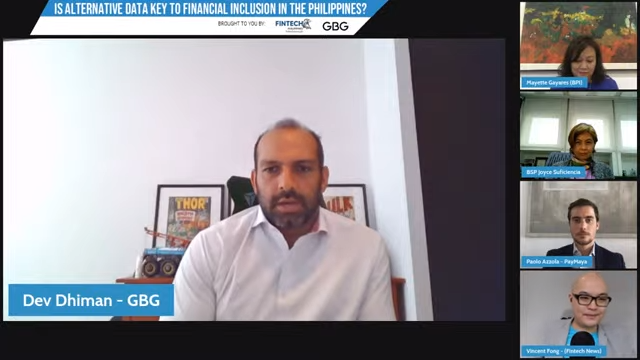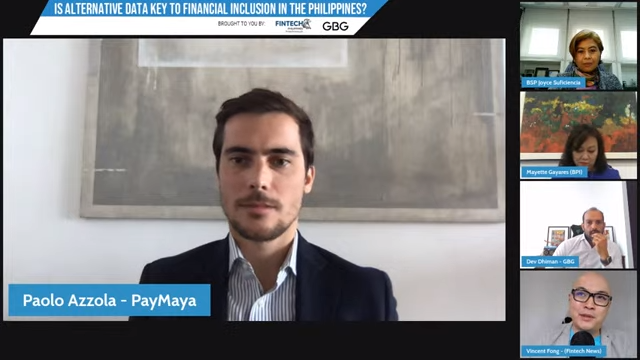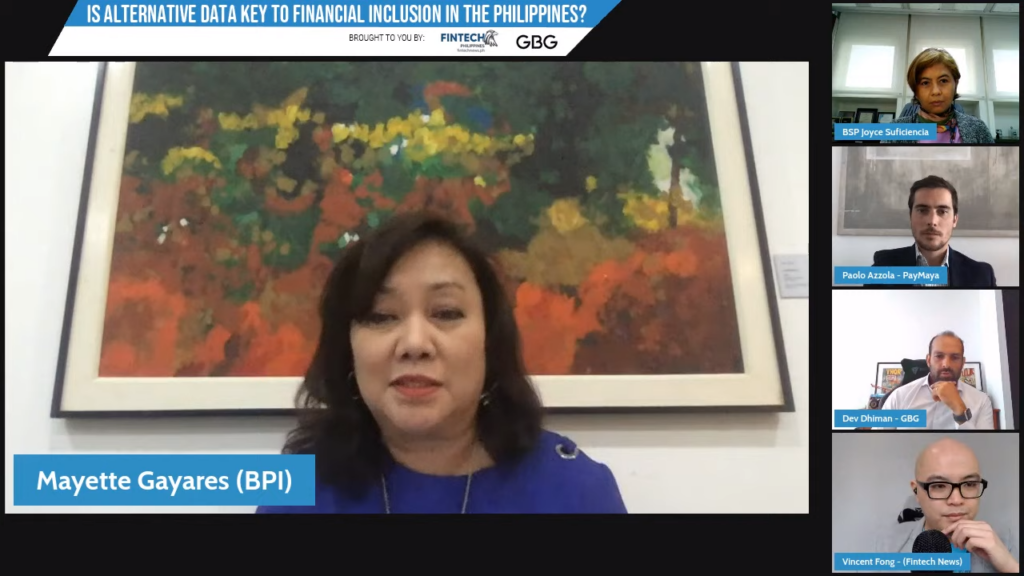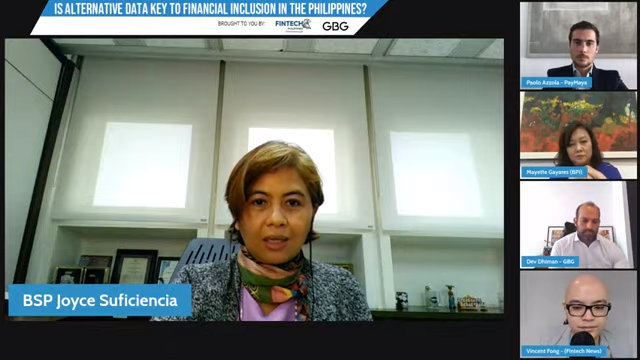
Philippines Must Not Overlook Fraud Prevention in It’s Financial Inclusion Journey
by Fintech News Philippines August 4, 2021Digital technologies and online platforms can help emerging markets advance financial inclusion by providing banking services to Gen Z’s, low-income households, and small businesses with typically little to no access to traditional financial institutions. But while unbanked populations can benefit greatly from advances in fintech services and online banking, these digital solutions also pose new risks which must be addressed properly, experts said during a recent virtual panel discussion.
In the latest edition of Fintech Fireside Asia, top executives in the banking, fintech and fraud prevention sectors addressed the state of financial inclusion in the Philippines, the key initiatives being put forward to bring financial services to the masses, and the evolving fraud landscape arising from increased digitalization.
According to Dev Dhiman, managing director of Asia Pacific (APAC) operations for GBG, a fraud, compliance, and digital identity specialist, as developing countries begin to take financial inclusion more seriously and aggressively promote digital technologies, industry participants must be aware of the new fraud risks.

Dev Dhiman
“As we start to look at less conventional markets for institutions, the fraud risk mutates and potentially becomes more severe,” Dhiman said. “For us as a business, we focus heavily on how we can help our clients onboard customers who may not have rich credit files.
“All the financial institutions looking to target these new customers need to have a very sleek onboarding process that’s customer friendly. We advise our customers on what they need to collect to be as quick and effective as they can be, without having to be overburdening the customers with providing thousands of documents along the way. Looking at things like keystroke behavior on the mobile app, … , the mobile handset itself to see if there is no malware, looking at potential risks around … the SIM that’s being used.”
Paolo Azzola, chief strategy officer of e-wallet provider PayMaya stressed the importance of improving financial literacy, noting that oftentimes, customers are the weakest link in banking fraud.

Paolo Azzola
“If you as a customer is willing to give your pin or password to a fraudster, you’ll also be willing to give your fingerprint and biometrics. It’s just a question of how many text messages that fraudster will take in order to get there. But at some point, they will get there,” Azzola said.
“The question is educating the market as a whole and … trying to work with the banks, other providers and the Bangko Sentral ng Pilipinas (BSP) in educating the customer base that certain kinds of information are not to be shared with anyone. That is probably the biggest of the work that we need to do to make sure that customers don’t hand over their information and are not vulnerable to fraudsters.”
Marita Socorro D. Gayares, senior vice president and chief risk officer of Bank of the Philippine Islands (BPI) pointed out that criminals are getting more and more creative, requiring financial services providers to ramp up capabilities as interactions increasingly shift to digital channels.

Marita Socorro D. Gayares
“Transaction monitoring and fraud control require a lot of resources both from the financial and IT sides but moving forward, as we move into the digital economy, there’s not much choice that having to put those resources in place,” Gavares said.
Leveraging alternative data to improve access to financing
Ellen Joyce Suficiencia, director of BSP’ financial inclusion office, said that the Philippines has made a lot of progress in improving financial inclusion, but the COVID-19 pandemic further accelerated “the inclusion trend with digital payments and remote account opening becoming a practical need and in some cases a life saver.”

Ellen Joyce Suficiencia
“Last year, the BSP set a target of achieving 70% of account ownership amongst adult Filipinos by 2023. Last year, it seemed like a bold target but with the rapid digital shift that we are now seeing, the intensive collaborative efforts, especially by the government, we believe the target looks very much within our reach,” Suficiencia said.
Azzola said that PayMaya has witnessed strong growth in merchant adoption, stressing how important digital solutions have been to keep small businesses afloat in these challenging times.
“We’ve seen that if you’re a micro, small and medium-sized enterprise (MSME), in order for you to continue running your business during a global pandemic, being financial included and getting a financial account through a money issuer, a bank or whoever is the easiest for you, is extremely important,” Azzola said.
Azzola said merchants, not just consumers, should be a focus for broadening financial inclusion. In developing countries, MSMEs are the backbone of the economy, accounting for up to 99.6% of total enterprises in the Philippines and employing at least 62% of the domestic workforces, according to the Association of Southeast Asian Nations (ASEAN).
“If you only have the consumer side and not the demand on the merchant side then it’s really difficult to close the loop of financial inclusion,” he said. “If you have both sides working at it together, that’s really powerful.”
PayMaya started to lend to small businesses earlier this year, focusing on merchants part of its remittance network. It uses data collected over years of operating within its ecosystem to determine creditworthiness.
“Because they have been remittance agents of our for … years, and because they also sell bill payments services, airtime reloading for cell phones, and other financial services via us, we are able to take that data package it and understand which of these [companies] we are very comfortable lending to,” Azzalo said.
“It’s a tiptoed and conservative approach to lending and we only do it in cases where we are virtually sure that the money will come back because we see their cashflows on a day to day basis and we are able to tap in into those cashflows if needed. These are easy customers to lend to.”
PayMaya plans to expand its financing facilities to other segments in the next future, using the data it collects, including know-your-customer (KYC) information, from its large customer base of online and offline merchants, as well as consumers, Azzalo said.
Suficiencia said alternative data, especially those in the hands of the telcos, can be a powerful tool in improving financial inclusion and credit access. She said the BSP’s recently approved Open Finance Framework focuses on just that.
“It’s really to ensure that customers have power over the use of their data for their own benefit,” Suficiencia said. “It’s meant to boost the development of that ecosystem that will promote the leveraging of customer data to promote financial inclusion.”
The full webinar can be found below, if you enjoyed this content, please do consider subscribing to our YouTube channel for more.








